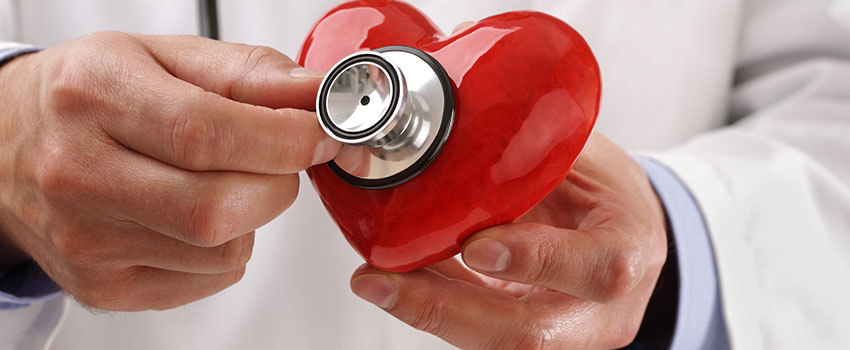Does Ventricular Tachycardia Affect Some People More Than Others?

Although ventricular tachycardia is a relatively uncommon diagnosis in America (only 90,000 are diagnosed every year), it does affect some people more than others. Plus, it can cause severe complications in some cases.
Read on to learn more about it from our AFC Urgent Care Fountain City team!
What Actually Is Ventricular Tachycardia?
As opposed to bradycardia, ventricular tachycardia (VT) is when the ventricles pump blood too quickly. When VT happens, it distributes blood that isn’t sufficiently oxygenated to the rest of the body, which then causes symptoms like light-headedness and shortness of breath.
In the most common cases, ventricular tachycardia will only last for about 30 seconds (non-sustained V-tach) and will cause the symptoms that we’ve listed below.
Common Ventricular Tachycardia Symptoms
- Chest pain
- Dizziness
- Pounding heartbeat (palpitations)
- Lightheadedness
- Shortness of breath
Who Is More Likely to Get Ventricular Tachycardia?
Overall, people who have had past heart issues are more susceptible to VT. This includes people who’ve had a heart attack, cardiomyopathy, myocarditis, heart failure or heart disease.
Additionally, those who smoke, have high blood pressure or diabetes also have a higher risk of dealing with VT. If you fit into one of these categories and are concerned about your chances of experiencing VT, following the prevention tips that we’ve listed below!
Ways to Prevent VT
- Exercise often. This means getting at least 150 minutes of moderate aerobic exercise each week, according to the CDC.
- Maintain a healthy diet. A diet low in saturated and trans fats and rich in fruits, vegetables and whole grains helps keep the heart healthy.
- Control stress. High stress levels cause a high BPM, which puts more stress on the heart.
- Don’t use illegal drugs. Stimulants, such as cocaine and meth, cause lots of damage to the heart.
Feeling less than your best? We can provide the non-emergency care you need! Visits our AFC team today.
